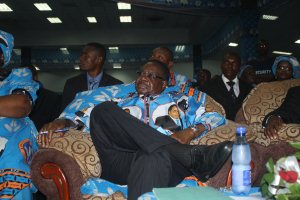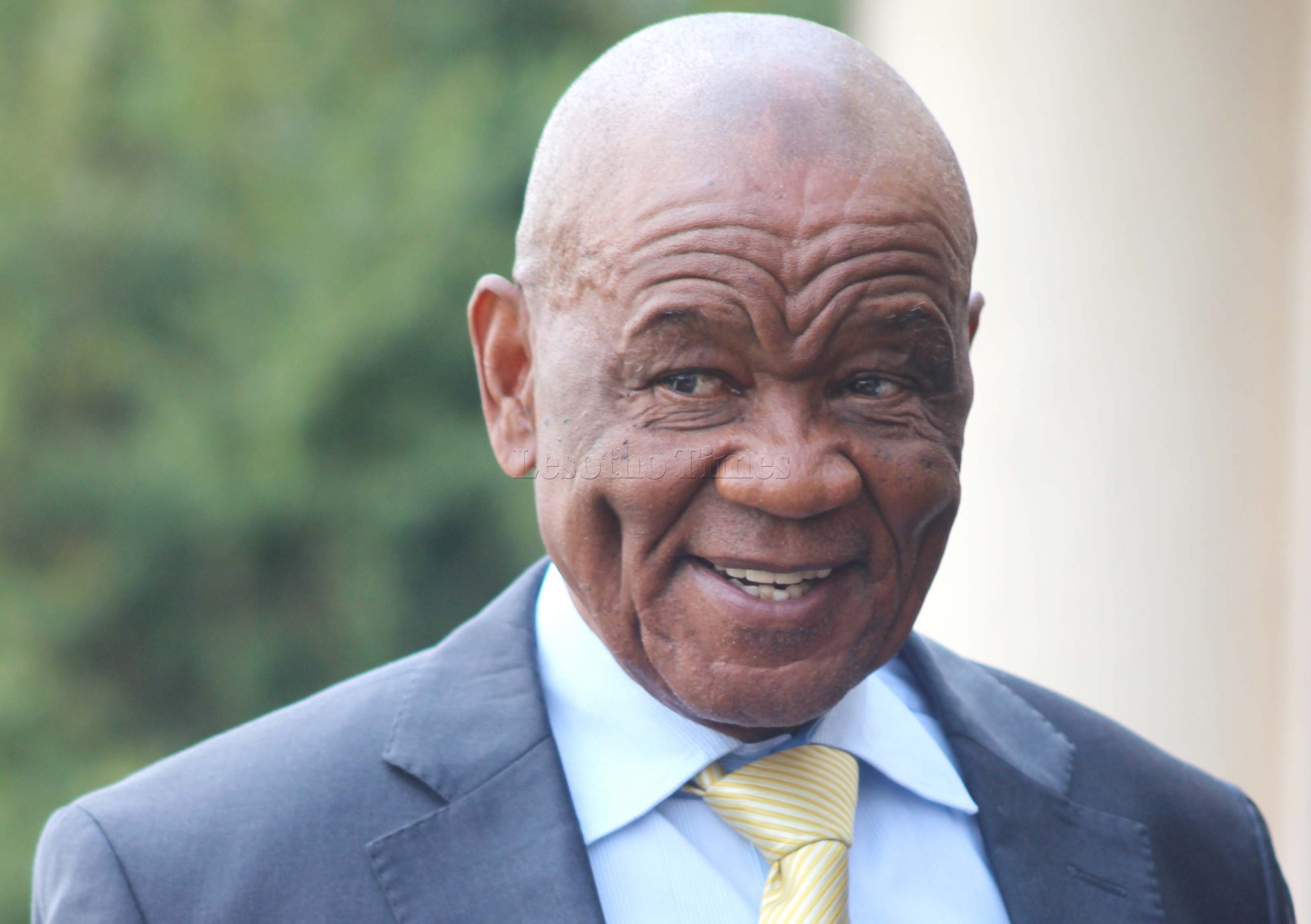Human rights groups have criticized Malawi President Peter Mutharika’s first 100 days in office, accusing him of nepotism and creating division with his Cabinet appointments, and failing to address urgent economic issues.
Mutharika, the leader of the Democratic Progressive Party (DPP), was declared a winner with 36 percent of a total vote count on May 30 after an election that was marred by irregularities.
Despite the jubilation from his supporters, the victory was a cause for concern to the more than 60 percent of people who did not vote for him.
Many of these people are worried about a possible return to economic challenges the country faced during the administration of his late brother Bingu wa Mutharika, when donors withdrew their aid, citing poor governance.
Promised different governing style
Peter Mutharika, however, tried to allay those fears in his June 2 inauguration address when he told the gathering at Kamuzu Stadium in Blantyre that his administration would act differently from his brother’s.
“Those of you who have been worried, I can assure you that the DPP has changed,” Mutharika said. “And therefore we have learned from the past, as I said at my brother’s funeral [in 2012] that maybe he made mistakes in the past, it was out of judgment and not out of evil. But of course we will make different decisions.”
Now, 100 days into his administration, analysts say it remains difficult to differentiate the current Mutharika administration from the past, particularly on public appointments.
Since his election, President Mutharika has fired several public officials, including Malawi Defense Force Commander Henry Odillo, Commissioner General for Malawi Revenue Authority John Bizwick, and Secretary to the Treasury Newby Kumwembe.
Mutharika has also recalled public officers from diplomatic missions, most of them assigned by his predecessor, President Joyce Banda.
Ernest Thindwa, a political science lecturer at the Chancellor College of the University of Malawi, told the media that he feels the dismissals are based on tribal lines.
“It’s normal for any new government to make some shake-ups, but if you critically look at these shake-ups, what you see is that people who are removed are mostly those from the north and central [regions] and they are replacing them with those from the south [a region where Mutharika comes from], particularly of the Lomwe tribe [Mutharika’s tribe],” Thindwa said.
“And if you look at the [recall from] foreign service, the pattern is the same,” he added.
Two local rights groups, the Center for Human Rights and Rehabilitation and the Center for the Development of People, said President Mutharika appointed his 20-member Cabinet based on nepotism and ethnicity.
In a joint statement evaluating the president’s performance during his first 100 days, the organizations noted that 25 percent of positions in the Cabinet are held by those from the central and northern regions while 75 percent are from the south – like the president.
Defends appointment
Peter Mutharika has defended his Cabinet appointments, saying they are based on merit. And speaking at public rally in the capital, Lilongwe, on Sunday, he said no one has been removed on political or ethnic grounds.
“In fact no single person has been fired, not one. They have simply been reassigned to pave way for investigations into Cashgate scandal,” the president said.
Cashgate is a government corruption scandal in which more than $30 million was taken.
“Please the press, get this clearly, nobody has been fired. Nobody,” Peter Mutharika said.
Lucky Mbewe, spokesperson for the Civil Society Grand Coalition, told the media that during the past 100 days President Mutharika has failed to act on the corruption scandal and also to address the increasing security problems facing the country.
“To date, we haven’t seen kind of serious action in as far as taking to book perpetrators of the Cashgate,” Mbewe said. “Secondly, we have noted that the security lapse has been an issue, and we expect the government to attend to the security lapses the country is experiencing.”
Mbewe, however, said the president has done well on issues of upholding human rights and on fiscal discipline, especially by reducing foreign travels, which he said consumed a lot of government money in the past.
Many Malawians told the media that it is too early to make an informed judgment on the performance of the new DPP administration.





No comments! Be the first commenter?